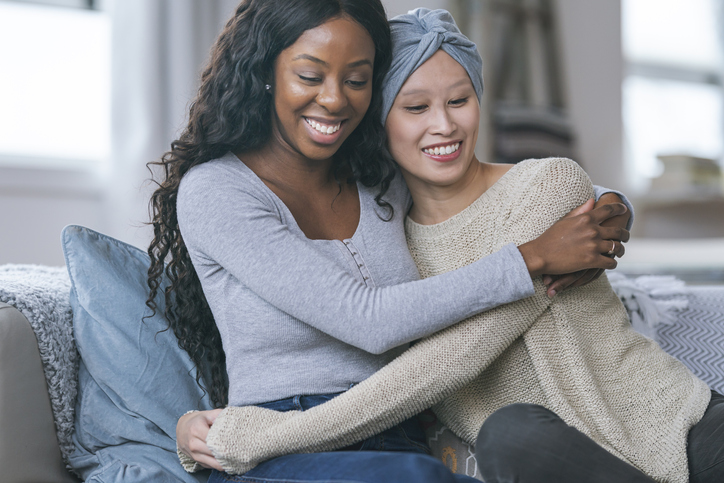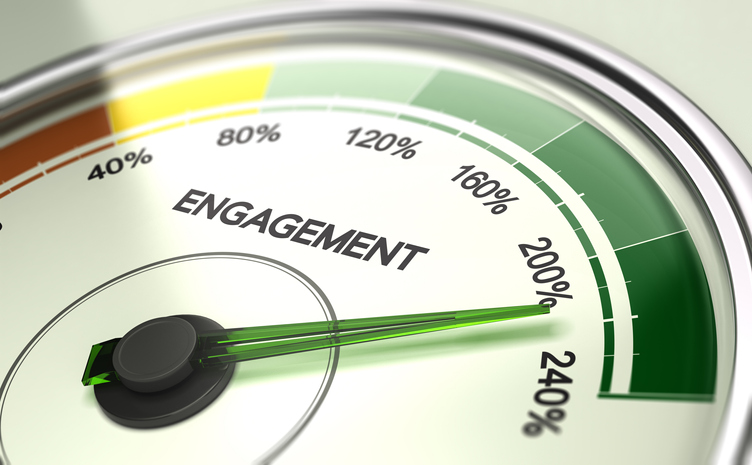Post-traumatic stress disorder (PTSD) affects not only the person who has experienced trauma; it can affect their spouse or partner and family as well. The symptoms of PTSD can make it hard for a person to be trusting, open and intimate in a relationship. Traumatic stress responses can also affect a person’s moods and behaviour in ways that challenge relationships.
Not all trauma survivors experience PTSD, of course, and not all people with PTSD find that it affects their relationships. However, some do – and when that happens, extra effort may be required of all parties in a relationship to make things work. That effort can pay off for everyone. Trusting, supportive relationships are an important element in healing from trauma. As a person heals, life becomes more comfortable for the people around them and relationships become easier.
How Trauma Can Affect Its Survivors
Reactions to trauma can include anxiety; hypervigilance; emotional numbness; and feelings of anger, fear, grief and detachment. A person with PTSD may come across as tense, moody, withdrawn or demanding. Trauma survivors can have trouble sleeping. They may have flashbacks to the traumatic event and nightmares related to it. They may go to great lengths to avoid situations or places that might bring back memories of the traumatic event or trigger intense stress reactions. These reactions can affect the lives of the people around the trauma survivor.
When the trauma experienced was caused by another person – as in abuse, rape, combat, terrorism, kidnapping or torture – long-lasting fears are even more likely to affect relationships. Close relationships and emotional openness can feel scary to the trauma survivor, even dangerous. That can get in the way of the trust and intimacy needed for healthy couple relationships.
How Loved Ones Can React
Loved ones can have emotional reactions of their own to the trauma survivor’s moods and behaviour. The trauma survivor’s remoteness and withdrawal can feel like rejection to the people who love them. Their anger in the face of support and kindness can feel like a betrayal to loved ones. The trauma survivor’s anxiety, fear and hypervigilance can make loved ones feel as though they, too, are in danger. When a survivor shares stories of their trauma with loved ones, the people hearing the stories and offering empathy can be traumatised vicariously themselves.
The reactions of loved ones can bounce the fear, anger, wariness and withdrawal they are projecting back on the trauma survivor. Unless care is taken, reactions can intensify on both sides as this escalating cycle is repeated.
Loved ones may want to provide support and encouragement to help the trauma survivor heal, but their own emotional reactions can get in the way. Living with a trauma survivor can also be emotionally and physically exhausting, and it can be difficult for loved ones to sustain their supportive efforts.
How a Trauma Survivor Can Build and Strengthen Relationships
If you are a trauma survivor, you need the support of loved ones to move forward in the process of healing, but you may have a hard time inviting and encouraging that support. Words, emotions and behaviour driven by reactions to trauma can have the effect of driving love and help away.
Lasting reactions to trauma, whether diagnosed as PTSD or not, typically require professional help to overcome. Learning about traumatic stress reactions and PTSD, including the treatments that have proven to be effective, is a good first step. Getting needed help is the important next one.
Whether with the help of a professional therapist or not, you can work to build and maintain strong relationships by
- Recognising that a personal support network can make life better – more enjoyable when things are going well and less lonely when things aren’t
- Opening up and sharing feelings with others, respectfully and with compassion, offering and accepting sympathy and encouragement
- Learning or relearning the skills of social relationships – how to connect with others and enjoy their company
How Loved Ones Can Build and Strengthen Relationships with a Trauma Survivor
If you are the spouse, partner or family member of a trauma survivor, you can help build and sustain that relationship by
- Learning about PTSD to understand what your loved one is going through and why they act the way they do
- Asking your loved one what’s helpful and what isn’t as you interact with them, and trying to be supportive
- Understanding your loved one’s traumatic stress triggers and how you can help them cope when they encounter those triggers (not by overprotecting or shielding them from all triggers)
- Maintaining your own social support network of people with whom you can relax, share feelings, and talk openly and honestly
- Encouraging your loved one to seek professional help and build their social support network
- Seeking professional help yourself, for your own emotional needs
For More Information
‘Helping Someone with PTSD’, Helpguide
https://www.helpguide.org/articles/ptsd-trauma/helping-someone-with-ptsd.htm
Reviewed by Andrew Maher, Director of Clinical Service Delivery (Europe) at Workplace Options
Accreditations: National Association for Professional Counselling and Psychotherapy (NAPCP), Irish Association for Counselling and Psychotherapy (IACP), British Association for Counselling and Psychotherapy (BACP)



































